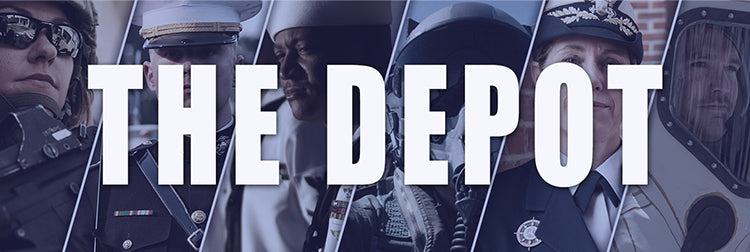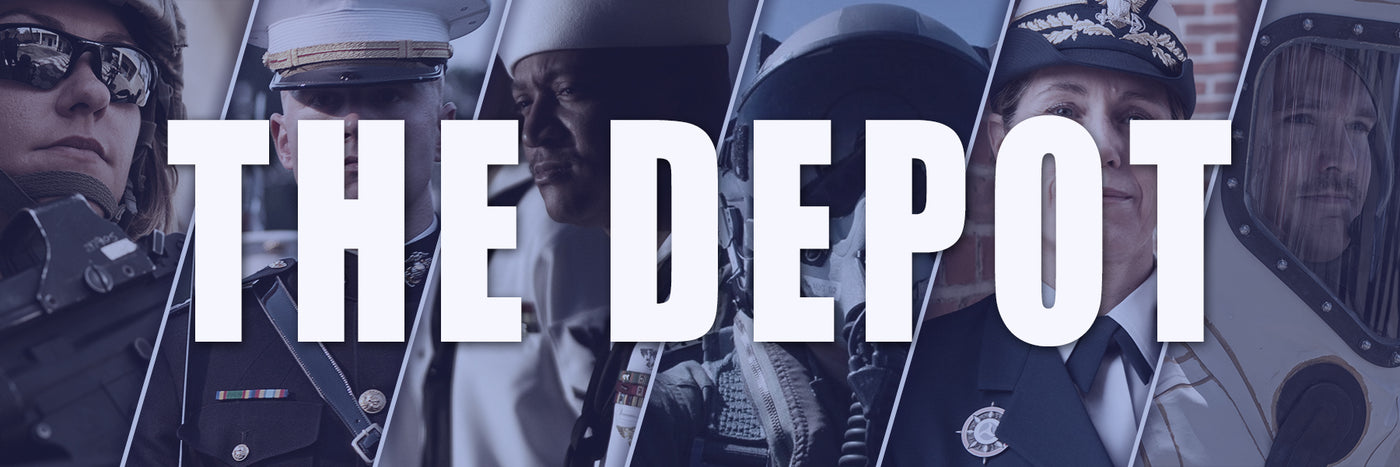
Army Officer vs. Enlisted: What’s The Difference?
That said, it’s important to know the difference between officer vs enlisted. The answer is simple, but like anything, there are some variables that make this a moving target to...
Blog Staff |
ARMED FORCES SUPER STORE 1-877-653-9577 | 8 - 7 CST MON-FRI



That said, it’s important to know the difference between officer vs enlisted. The answer is simple, but like anything, there are some variables that make this a moving target to...
Blog Staff |